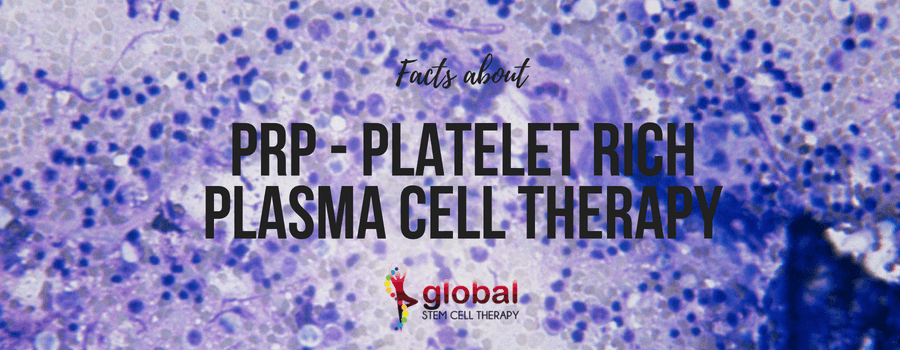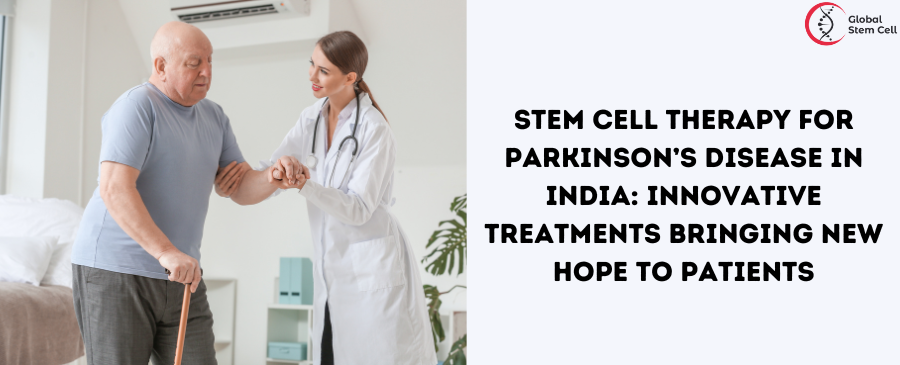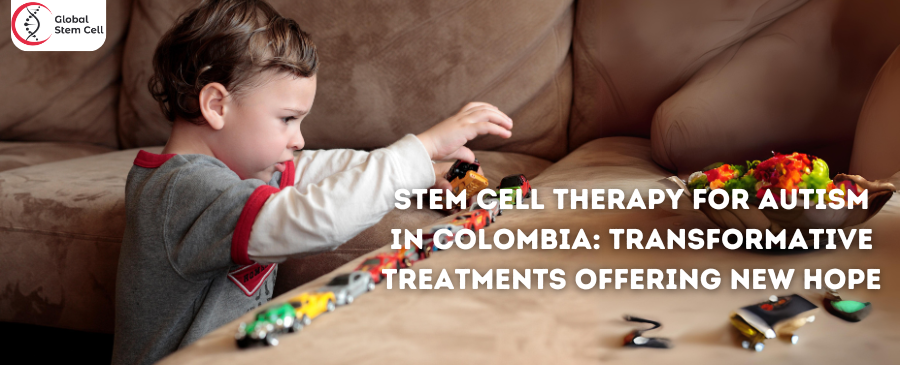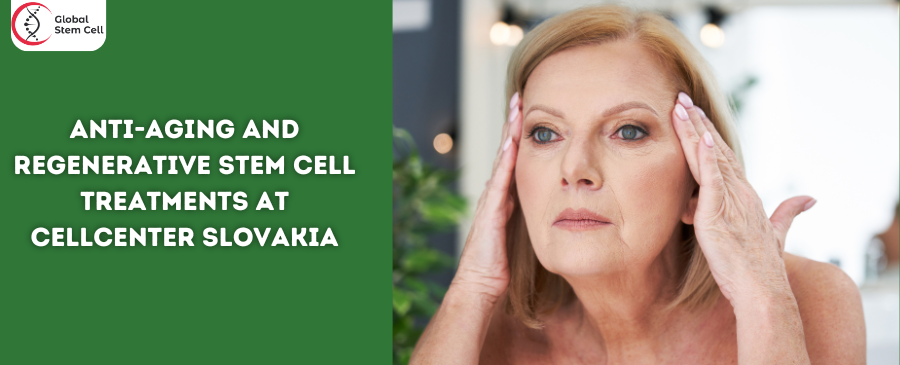
Facts about PRP Stem Cell Therapy
Platelet Rich Plasma (PRP) is an effective process of treatment used for improving the condition bone and tissues. The therapy is used for stimulating and healing bone and soft tissues. The innovative form of biotechnology targets the worldwide demand for tissue engineering and cellular therapy.
PRP therapy is an effective solution for patients suffering from several musculoskeletal issues or bone injuries. Despite being the new way of treatment, PRP therapy can provide acute solutions for musculoskeletal injury. The therapy is considered to be a better solution than traditional open surgery. This new treatment can address several health issues and it reduces the risk of surgery or any kind of painful therapies. It maintains the biomechanics of your body; it takes lesser healing time and it follows a natural process of recovery.
A Brief Overview of Platelet Rich Plasma Cells Therapy Treatment
The PRP cell therapy is a new treatment in the healthcare industry and most people are unaware of its applications and benefits. Here are some noteworthy and interesting facts that make Platelet Rich Plasma therapy and effective health solution:
- PRP is blood plasma enriched with blood platelets.
- Platelet-rich plasma features a number of growth factors that determine the healing of bone and soft tissues.
- Platelet-rich plasma therapy is being widely used in fields like pain management, cosmetic surgery, dentistry and sports medicines.
- The platelets obtained from the PRP therapy become active when thrombin and calcium chloride are included. This leads to the healing of tissues.
- Platelet-rich plasma features a wide range of growth factors that includes:
- PDGF (Platelet-Derived growth factors). It promotes cell growth and division as well.
- IGF-1 (Insulin-like growth factors 1). It promotes child growth
- IGF -2 (Insulin-like growth factor – 2). Plays an important role in the growth factor
- TGF-B (Transforming growth factor beta). It controls cellular activities.
- CTGF (Connective tissue growth factor). It stimulates the healing of damaged tissues and development of bone.
- EGF (Epidermal growth factor). It promotes cell growth.
- VEGF (Vascular endothelial growth factor). It is also known as vascular permeability factor and it restores oxygen supply to the tissues in conditions like hypoxia.
- KGF (Keratinocyte growth factor). It plays a major role in healing wounds.
- IL8 (Interleukin 8). It works as a pro-inflammatory mediator in diseases like gingivitis and psoriasis.
Researchers have found that when they increase the concentration of growth in PRP, it stimulates and speeds up the healing process.
How Does It Work?
Whenever there is a soft tissue injury, our body immediately responses to deliver platelet cells featured with healing and development factors. In this process, PRP ensures that the body is capable to deliver a high concentration of platelet to the targeted spot. The platelet-rich plasma cell therapy works in the human body in the following ways:
- Physicians draw out a small sample of blood from patient’s body and put it in a centrifuge. The centrifuge spins the blood at a high speed. The method differentiates the platelets from other blood components.
- This method is manually performed by an experienced and certified lab technician.
- The procedure generates a pure concentration of platelets along with other important components of blood.
- A physician then injects the platelets in or around the target area.
- The inserted platelets significantly stimulate and strengthen the healing process.
- In this process, the patient receives his or her own concentrated blood and there is no risk of transmissible infection or any kind of allergic reaction.
Application of Platelet Rich Plasma Cell Therapy and its Potential
Platelet Rich Plasma cell therapy has great potential in the healthcare industry. Since its introduction, the therapy has been considered as a breakthrough in the world of medical science. The therapy effectively works in the process of wound healing. Here are some of the applications and potential of PRP cells:
A Solution for Chronic Tendon Injuries
PRP cell therapy is an effective solution for chronic tendon injuries that come in various forms. The healing procedure of tendon injuries is performed in three different phases naming proliferation, inflammation, and remodeling. Researchers have found that the PRP cells therapy can speed up the healing process of the supraspinatus tendon.
Since PRP comes with several cytokines, it can speed up the process of tendon healing. Athletes, who are receiving treatment for Achilles tendon, have witnessed significant pace of recovery after having PRP cell therapy.
Note: The application of PRP cell therapy for tendon diseases including the chronic tendinosis is still in the experimental stage.
Muscle Healing
Muscle injuries are more common among people associated with sports and martial arts and it can occur anywhere and anytime. However, the process of healing muscle injuries features three phases naming proliferation, inflammation, and remodeling.
The recovery of muscle injury depends on the regeneration of different intramuscular nerves branches and the best part is that such issues can be addressed through the PRP cell therapy.
Note: The physical condition of the patient and the type of injury determine the speed of the healing process.
Bone Fracture Recovery through PRP Cell Therapy
Bone fracture is one of the most widespread injuries. Once can receive such injuries through accidents on the sports field, roads, and many other places. Platelet-rich plasma cell therapy is one of the most common and effective therapies used in the bone fracture healing process. It accelerates spinal fusion and stimulates bone graft recovery. The therapy can also be used for bone formation. The treatment is also quite effective for people suffering from painful osteoporotic fractures.
Potential of Platelet Rich Plasma Cell Therapy
People often inquire “Is the PRP cell therapy effective in Pain Management?” Experts say that the PRP therapy has the capability to reduce pain and reproduce tissues. However, experts insist that the PRP composition and the preparation method often determine its success.
If you have any query about the best place to receive PRP cell therapy, you can contact us using the button given below:






